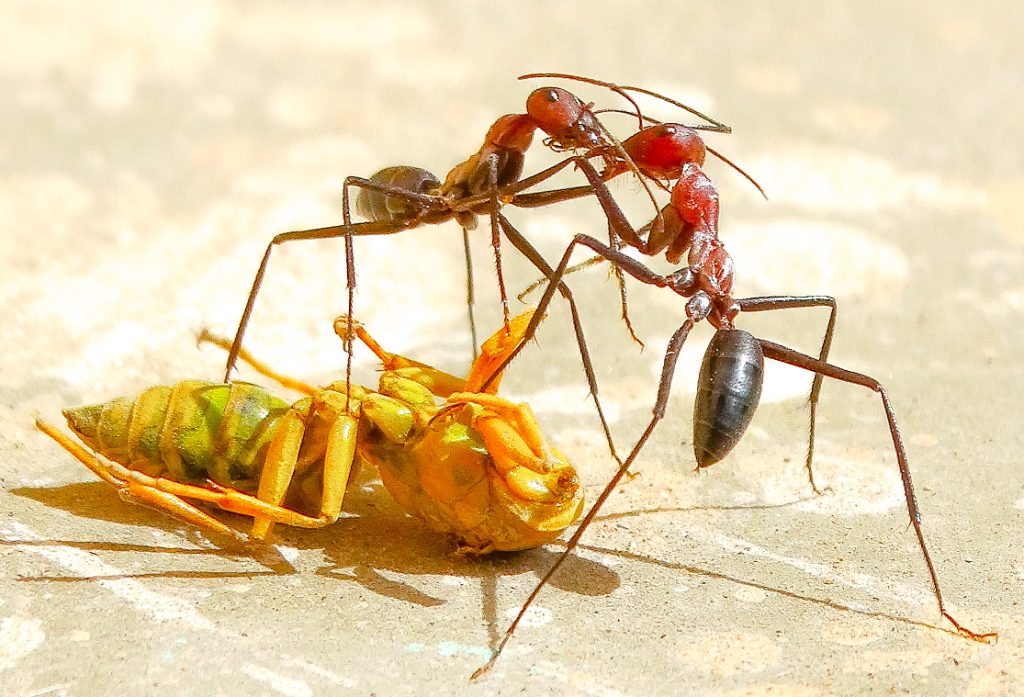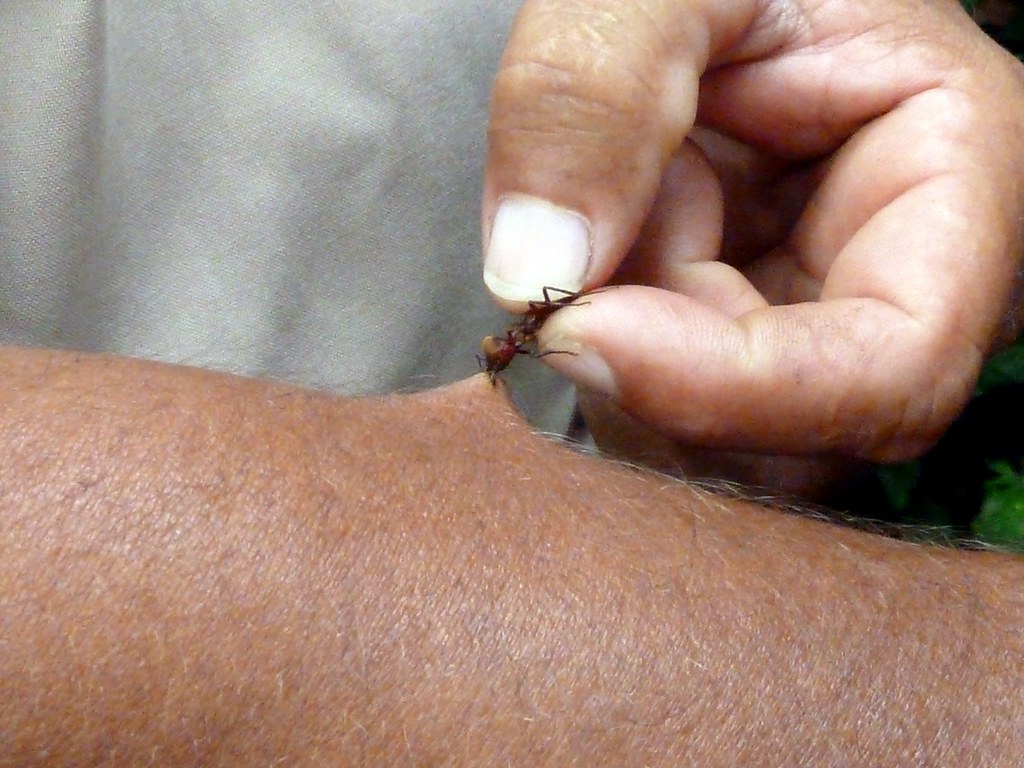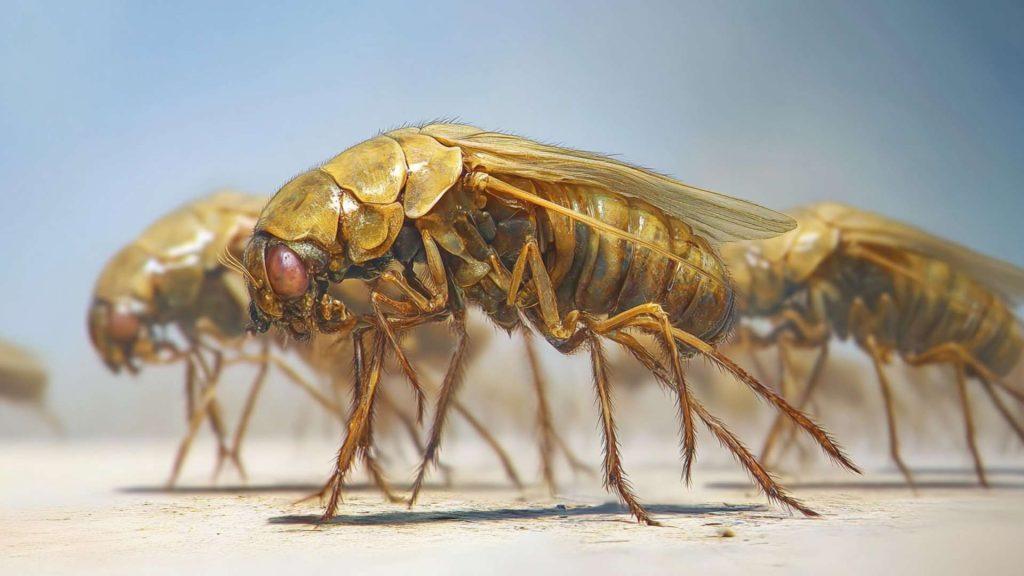Ants can also be aggressive, especially when their colonies are threatened. Understanding when and why ants attack can help in preventing potential dangers they may pose to humans and other animals.


The Nature of Ant Aggression
Ants, by nature, are not aggressive unless provoked. Their aggression is usually a defensive mechanism, triggered when they sense a threat to their colony. Ants rely heavily on their pheromone communication system, which allows them to send alarm signals to other ants in the colony. When an ant detects danger, it releases a pheromone that alerts the others, leading to a coordinated attack on the perceived threat. This behaviour is particularly evident in species like fire ants, known for their painful stings, and army ants, which can swarm and overpower much larger prey.
Common Triggers for Ant Attacks
Several factors can trigger an ant attack. One of the most common triggers is the disturbance of their nest. Ants are highly territorial and defend their colony at all costs. When their nest is disturbed, whether by a human, animal or even another insect, ants respond aggressively to protect their queen and offspring, another trigger is food competition. Ants may attack other insects or animals that compete for the same food sources. This competition can lead to violent encounters, often ending in the death of one or more parties involved.The Ant Death Spiral
One of the most fascinating and deadly behaviours observed in ants is the phenomenon known as the “ant death spiral” or “ant mill.” This occurs when ants, particularly army ants, lose track of their pheromone trail and begin to follow each other in a continuous loop. Without a way to break the cycle, the ants continue marching in a spiral until they die of exhaustion. This behaviour, while rare, is a dramatic example of how ants’ reliance on pheromones can sometimes lead to fatal consequences.
Ants as a Threat to Humans
While most ant species pose little threat to humans, certain aggressive species can be dangerous. Fire ants, for example, are infamous for their painful stings that cause severe allergic reactions. Additionally, carpenter ants cause structural damage to homes by burrowing into wood to build their nests.Practical Tips for Preventing Ant Attacks
Preventing ant attacks involves reducing the chances of encountering aggressive ant species. Here are some practical tips:- Avoid disturbing ant nests: If you spot an ant nest, keep a safe distance and avoid disturbing it.
- Seal food sources: Ants are attracted to food, so keeping food in sealed containers can help deter them.
- Keep your home clean: Regularly cleaning up food crumbs and spills can reduce the chances of ants entering your home.
- Use ant repellents: Natural repellents like vinegar or commercial and sprays can help keep ants away from your home and garden.
Myths and Facts About Ants
| Myth | Fact |
| All ants are aggressive and will attack humans. | Only certain species, like fire ants, are aggressive towards humans. |
| Ants attack without provocation. | Ants usually attack only when they feel their colony is threatened. |
| The ant death spiral is common among all ants. | The ant death spiral is a rare phenomenon observed mainly in army ants. |
| Ant bites are harmless. | Some ant bites or stings, particularly from fire ants, can cause severe allergic reactions. |
| Ants are only a nuisance and not dangerous. | Certain ants, like carpenter ants, can cause significant structural damage to homes. |


